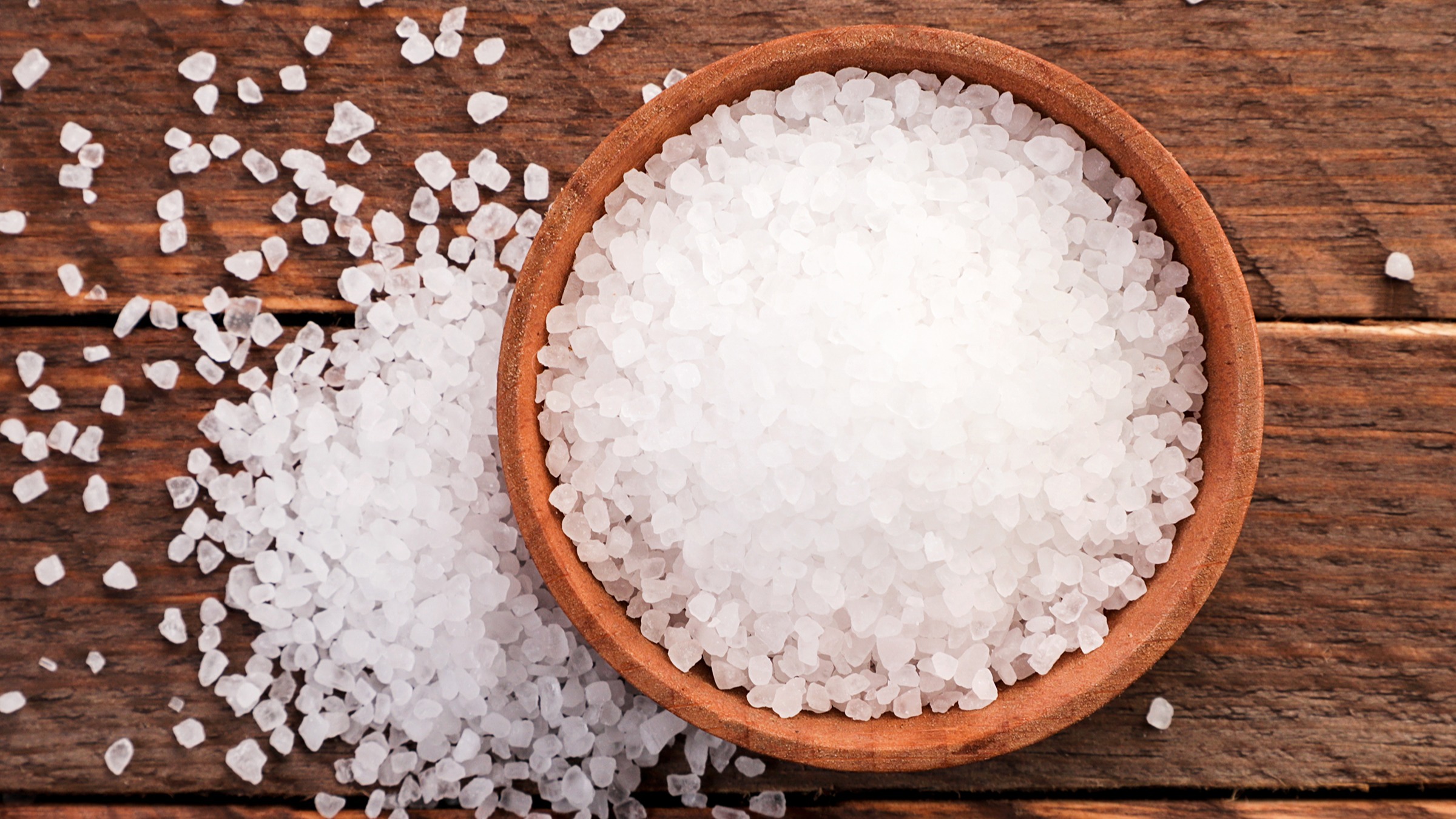Iodised salt is a staple in kitchens across the world, but have you ever wondered why health experts recommend it so strongly?
This tiny addition to your daily meals carries big health benefits and prevents serious deficiencies that can affect millions of people.
Let’s dive into why iodised salt matters, how it works, and why it’s still one of the simplest public health solutions today.
What Is Iodised Salt?
Iodised salt is regular table salt that has been fortified with small amounts of iodine, an essential trace mineral.
Iodine is crucial for the proper functioning of the thyroid gland, which regulates metabolism, growth, and brain development. Since natural iodine levels in soil and water vary across regions, not everyone gets enough from food alone.
Adding iodine to salt ensures a simple, affordable, and effective way to prevent iodine deficiency on a large scale.
Why Iodine Is Important for the Body
Iodine is not just another nutrient — it’s vital for producing thyroid hormones (thyroxine and triiodothyronine). These hormones control key processes in the body, such as:
- Metabolism – how your body uses energy.
- Brain development – especially important in children.
- Growth and reproduction – supporting physical and cognitive development.
Without enough iodine, the thyroid gland enlarges, leading to a condition known as goitre. Severe deficiency can also cause intellectual disabilities in children and complications during pregnancy.
According to the World Health Organization (WHO), iodine deficiency is one of the leading causes of preventable brain damage globally.
Why Add Iodine to Salt?
You might wonder — why fortify salt specifically?
The answer is simple: salt is one of the most widely consumed foods. Almost everyone, regardless of income or region, uses salt daily.
By fortifying it with iodine, public health organizations can ensure entire populations get their required iodine intake without needing expensive supplements.
This approach, called Universal Salt Iodization (USI), has been recognized as a cost-effective way to eliminate iodine deficiency disorders.
UNICEF notes that while progress has been made, millions of people still lack access to adequately iodised salt worldwide (UNICEF Report).
Health Benefits of Iodised Salt
Regular use of iodised salt can help prevent:
- Goitre (swelling of the thyroid gland).
- Hypothyroidism (low thyroid hormone production).
- Cognitive impairments in children.
- Pregnancy complications caused by iodine deficiency.
Beyond prevention, iodised salt helps maintain a healthy metabolism, supports brain function, and contributes to overall well-being.
Do We Still Need Iodised Salt in 2025?
Some people argue that iodine deficiency is a “problem of the past.” But evidence shows it remains relevant today.
Even in developed countries, changing diets and reduced use of table salt in favor of processed foods can lower iodine consumption. In many regions, natural iodine levels are still insufficient, so iodised salt remains a practical necessity.
How Much Iodine Do You Need?
- Adults: ~150 micrograms per day.
- Pregnant and breastfeeding women: ~250 micrograms per day.
- Children: 90–120 micrograms per day, depending on age.
Using iodised salt in your daily cooking is usually enough to meet these requirements. However, balance is important — too much iodine can also cause thyroid issues.
Are There Alternatives to Iodised Salt?
Yes, iodine can also be obtained from foods such as:
- Fish and seafood
- Dairy products
- Seaweed
- Eggs
But since these foods aren’t consumed by everyone regularly, iodised salt remains the simplest way to ensure adequate iodine intake across populations.
Why I Recommend Using Iodised Salt
The answer is clear: iodised salt is a small change with a huge impact. It prevents serious health issues, supports brain development, and is accessible to nearly everyone.
If you’re not already using iodised salt, switching is one of the easiest steps you can take toward better health — for yourself and your family.
Disclaimer: This article is for informational purposes only and should not replace professional medical advice. Consult a healthcare provider for personalized recommendations.
